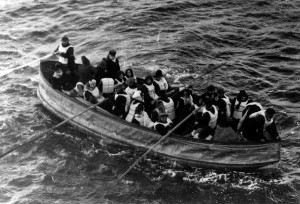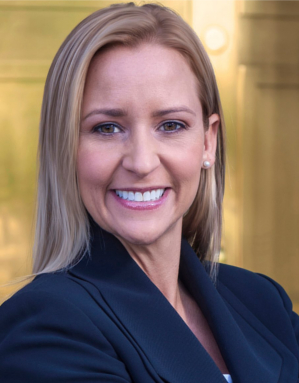 Last week, The Chuck Colson Center for Christian Worldview devoted one of its daily “Breakpoint Commentary” pieces to a recent situation at an Illinois high school.
Last week, The Chuck Colson Center for Christian Worldview devoted one of its daily “Breakpoint Commentary” pieces to a recent situation at an Illinois high school.
Ninth and tenth-graders at St. Joseph-Ogden High School were given an assignment, which John Stonestreet describes as follows:
“The lesson began by telling students that ten people shared a serious problem: Without access to a dialysis machine, they would all die.
“Unfortunately, they were told, the local hospital only has enough machines for six of them. The assignment was to decide who got the treatment and who didn’t. The students were asked to rank the potential recipients from one, the person they most wanted to receive treatment, to ten, the person they least wanted.
“All they knew about the people was age, race, and occupation or lack thereof: a housewife, doctor, lawyer, disabled person, cop, teacher, minister, college student, ex-convict, and prostitute.”
The school has defended the exercise, saying the lesson was about “bias.” If that’s the case, why ask students to make theoretical life-and-death decisions about total strangers using little more than racial, occupational, and medical information? Why not at least give them additional info and ask students to weigh whether a person’s value is tied to more than what they contribute to society through their job?
The assignment is very similar to another popular lesson that has popped up now and again in public schools across America the past few decades: The “lifeboat exercise.”
In the lifeboat exercise, students are asked to put passengers from a sinking ship in a lifeboat; the problem is the lifeboat cannot hold all the passengers. Students must decide who gets a seat in the lifeboat and who drowns. You can see one example of this exercise as laid out by an Iowa public school teacher here.
The problem is these are simply open-ended exercises in utilitarian ethics.
It’s an assignment presented without a “right or wrong” answer. Students make life and death decisions; because no one actually dies, few people are really bothered by the lesson. The troubling aspect is what it teaches students–namely, that important choices about other people could be made based on nothing more than what those people have to offer the rest of society. In these exercises, a doctor is always deemed more valuable than, say, an ex-convict or a disabled person.
The lesson students walk away with is human beings are not all equally valuable–that a person’s value is determined by their usefulness to society. Some people have said these are the kinds of ethics employed by “death panels” in a government-run healthcare system–and that certainly is possible, but, as John Stonestreet notes, that is only part of the potential problem.
The much larger danger is generations of Americans entering adulthood believing some people are more or less valuable than others.



